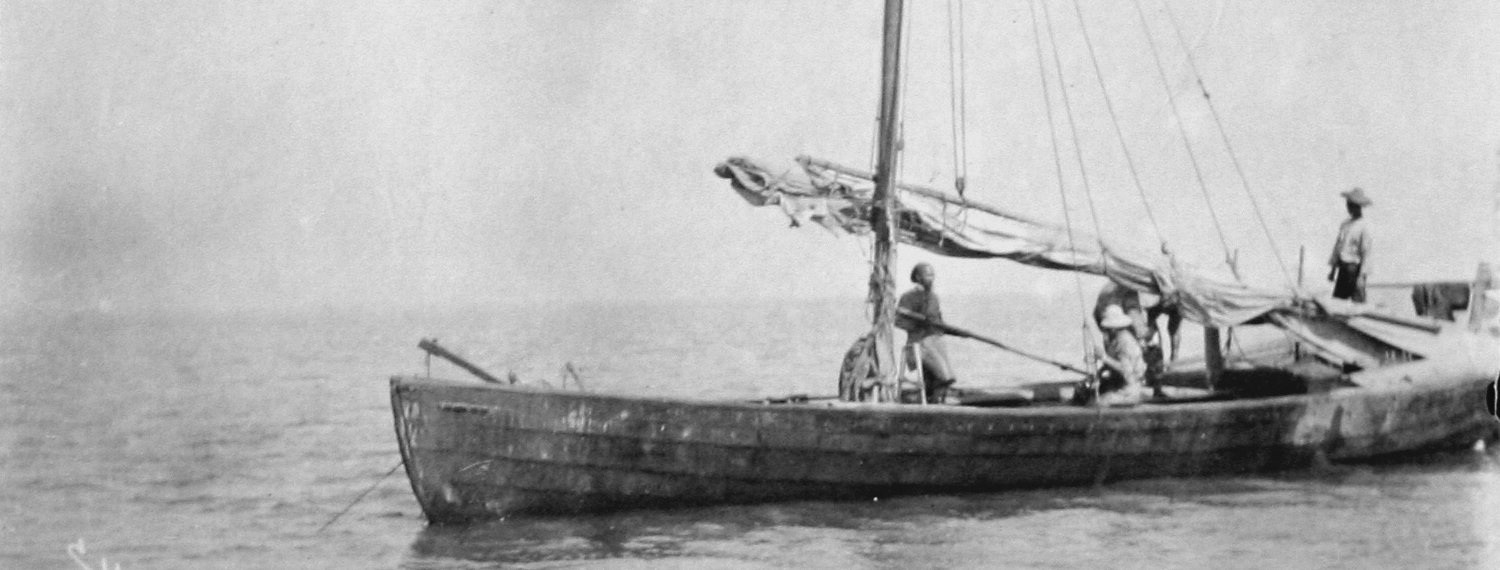
1882: When racism nearly strangled China Camp
Local history gives us a chance to look back and remember
A little more than a century ago, China Camp was home to a bustling fishing village with hundreds of Chinese entrepreneurs and their families. And then, the villagers’ livelihoods were crushed in a rush of anti-Chinese sentiment and racist laws. Nearly everyone left China Camp, leaving behind the once teeming village that they had built on the shores of San Pablo Bay.
First, a little backstory. The economic depression of the 1870s had Californians, including San Franciscans, pointing fingers and trying to find blame. Chinese laborers, who had come during the boom years of the Gold Rush and the building of the Transcontinental Railroad, were soon pegged as unwelcome foreigners taking jobs from Americans.
The wide open spaces of Marin County offered an attractive escape from mounting anti-Chinese sentiment. Some of these immigrants got jobs at McNear Ranch, which included lands now within China Camp State Park. They started to camp in a shoreline area nearby, and soon the village of China Camp was born.
To supplement their income, Chinese workers began shrimp-fishing in San Pablo Bay. Annual hauls were staggering. By the late 1800s, more than three million pounds of shrimp, most of it dried and shipped back to China and Southeast Asia, were caught in San Pablo Bay every year.
The Exclusion Act of 1882 was the first time a specific ethnicity was singled out and targeted with racist laws by the U.S. Congress.
But with that success came severe anti-Chinese sentiment. Lawmakers penned–and passed–the Chinese Exclusion Act of 1882. Chinese immigration was suspended, and Chinese were declared ineligible for naturalization. It was the first time a specific ethnicity was singled out and targeted with racist laws by the U.S. Congress. The law was not repealed until 1943.
More legislation and regulation began to shackle successful shrimp-fishing settlements like China Camp. In 1901, peak shrimping season in the summer was closed. In 1905, export of shrimp to China–or anywhere else in the world–was outlawed. In 1911, Chinese fishermen could no longer use their traditional bag nets. Unable to fish and battered by bigotry, many of the village residents packed up and left.
Fortunately, some immigrant families stayed, including members of the Quan family, who were able to pivot and find new ways to sell shrimp to local restaurants and at an onsite cafe (yep, the cafe we use today). The Quans also promoted China Camp as a recreation destination, renting pleasure boats and touting the beach and pier. Ultimately, in 1978, the site was protected in perpetuity as China Camp State Park.
To learn more about China Camp’s unique history, visit our Village Museum, open daily 8 a.m. to sunset. Also check our Events calendar for special museum tours.

